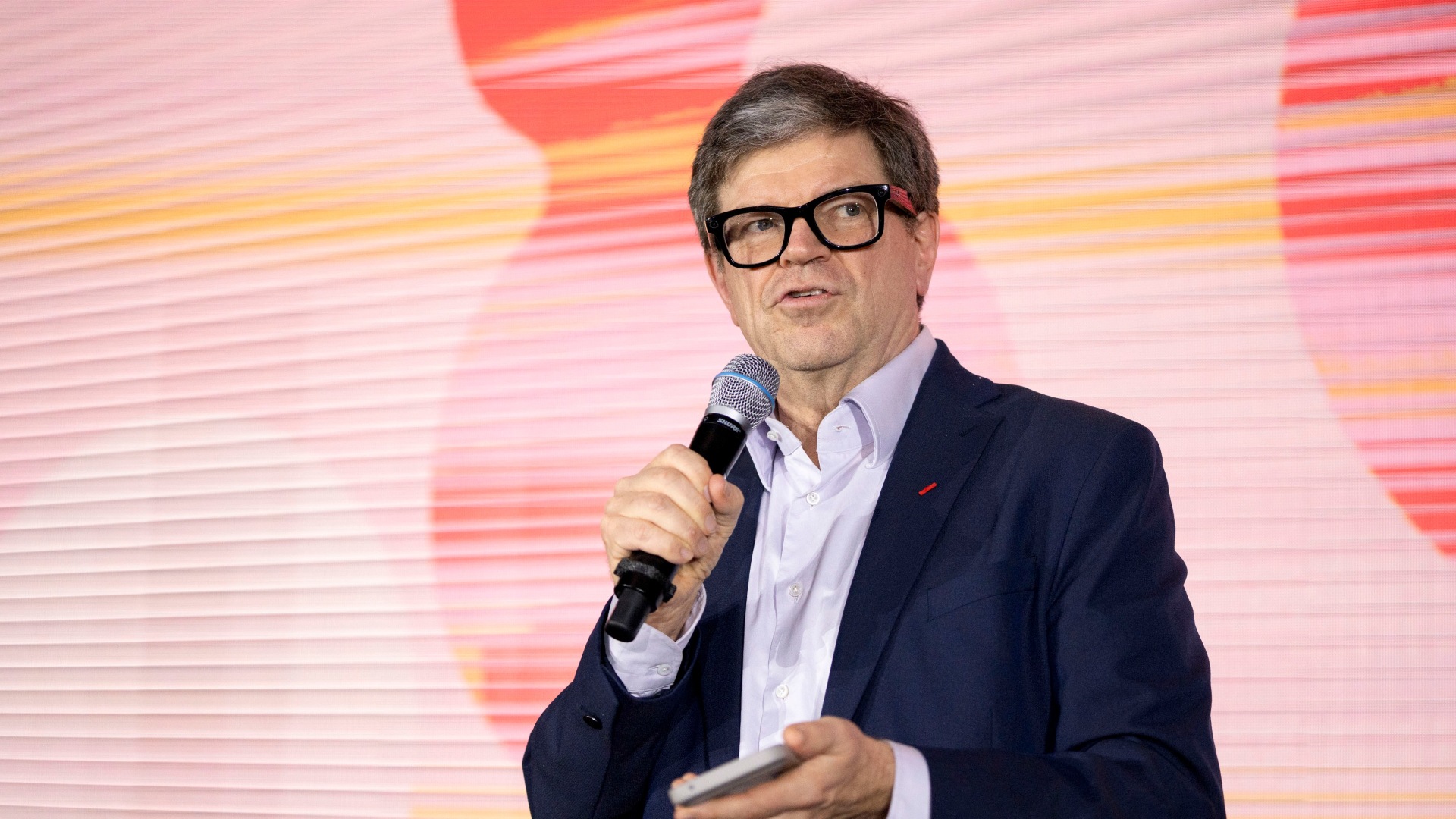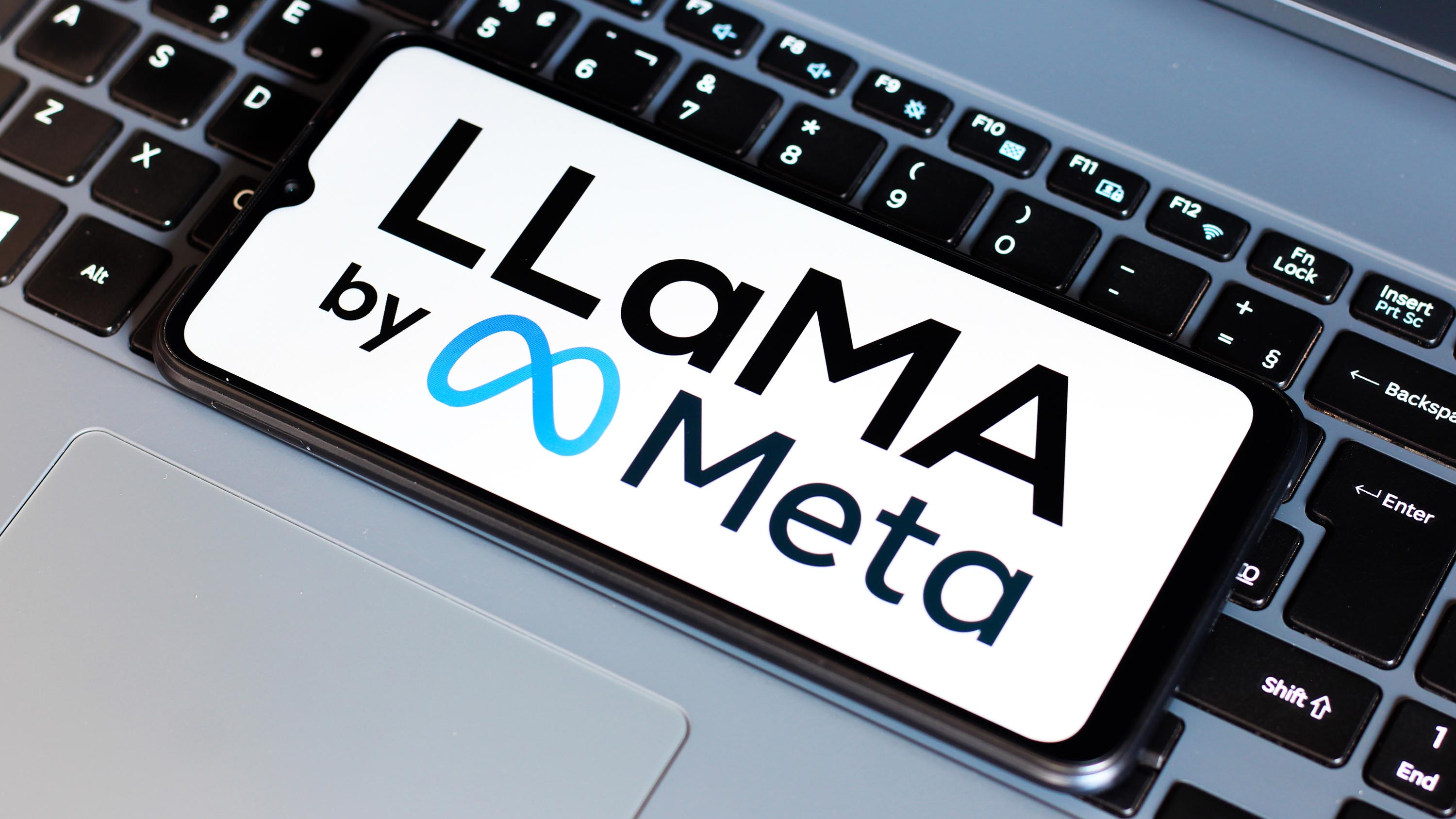
With the rapid emergence of generative AI, there has been a lot of positive change across medicine and education. However, the technology poses a potential threat to humanity, with AI safety researcher Roman Yampolskiy indicating there's a 99.999999% probability it will end humanity.
Building on this premise, Microsoft co-founder Bill Gates recently indicated that AI would replace humans for most things. However, the philanthropic billionaire claimed that it'd be mostly up to humans to decide how to use AI in their lives and what aspects of life they'd like to preserve for themselves. For instance, he indicated that no one would really enjoy watching computers play baseball.
More recently, Meta Chief AI scientist Yann LeCun seemingly contested Bill Gates' sentiments at NVIDIA's GTC Conference (via Business Insider), indicating:
"AI is not replacing people, it's basically giving them power tools. Well, it might at some point, but I don't think people will go for this, right. I mean basically our relationship with future AI systems, including superintelligence, is that we're going to be their boss. We're gonna have a staff of superintelligent, beautiful people kind of working for us. I don't know about you, but I like working with people who are smarter than me. It's the greatest thing in the world."
Meta Chief AI scientist says human-level AI seems like a stretch

Meta's AI boss recently shared his sentiments about AI possibly reaching human-level intelligence, and his answer was simple: "We're not going to get to human-level AI by just scaling up LLMs."
Yann is still a doubter from r/singularity
According to LeCun:
"There's no way, absolutely no way. And whatever you can hear from some of my more adventurous colleagues, it's not going to happen within the next 2 years. There's absolutely no way in hell. The idea that we're going to have a country of a genius in a data center, that's complete BS. There's absolutely no way."
However, the AI chief admits that AI systems trained on sufficiently large amounts of data could emerge in the future with the ability to answer any reasonable question.
"And it would feel like having a PhD sitting next to you," added LeCun. "But it's not a PhD sitting next to you, it's a system with a gigantic memory and retrival ability, not a system that can invent solutions to new problems."







